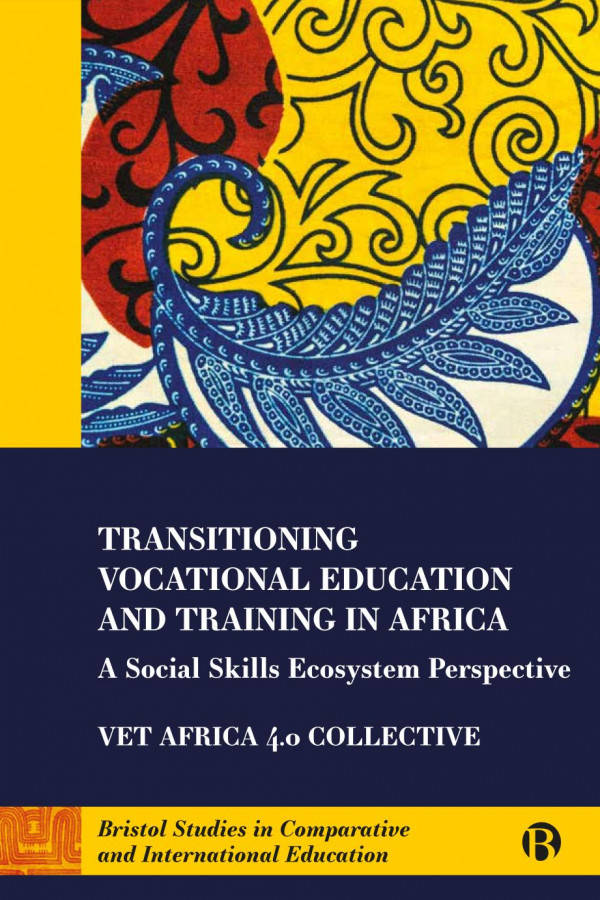

Most ebook files are in PDF format, so you can easily read them using various software such as Foxit Reader or directly on the Google Chrome browser.
Some ebook files are released by publishers in other formats such as .awz, .mobi, .epub, .fb2, etc. You may need to install specific software to read these formats on mobile/PC, such as Calibre.
Please read the tutorial at this link: https://ebookbell.com/faq
We offer FREE conversion to the popular formats you request; however, this may take some time. Therefore, right after payment, please email us, and we will try to provide the service as quickly as possible.
For some exceptional file formats or broken links (if any), please refrain from opening any disputes. Instead, email us first, and we will try to assist within a maximum of 6 hours.
EbookBell Team

0.0
0 reviewsEPDF and EPUB available Open Access under CC-BY-NC-ND licence. The transition to more just and sustainable development requires radical change across a wide range of areas and particularly within the nexus between learning and work. This book takes an expansive view of vocational education and training that goes beyond the narrow focus of much of the current literature and policy debate. Drawing on case studies across rural and urban settings in Uganda and South Africa, the book offers a new way of seeing this issue through an exploration of the multiple ways in which people learn to have better livelihoods. Crucially, it explores learning that takes place informally online, within farmers’ groups, and in public and private educational institutions. Offering new insights and ways of thinking about this field, the book draws out clear implications for theory, policy and practice in Africa and beyond.